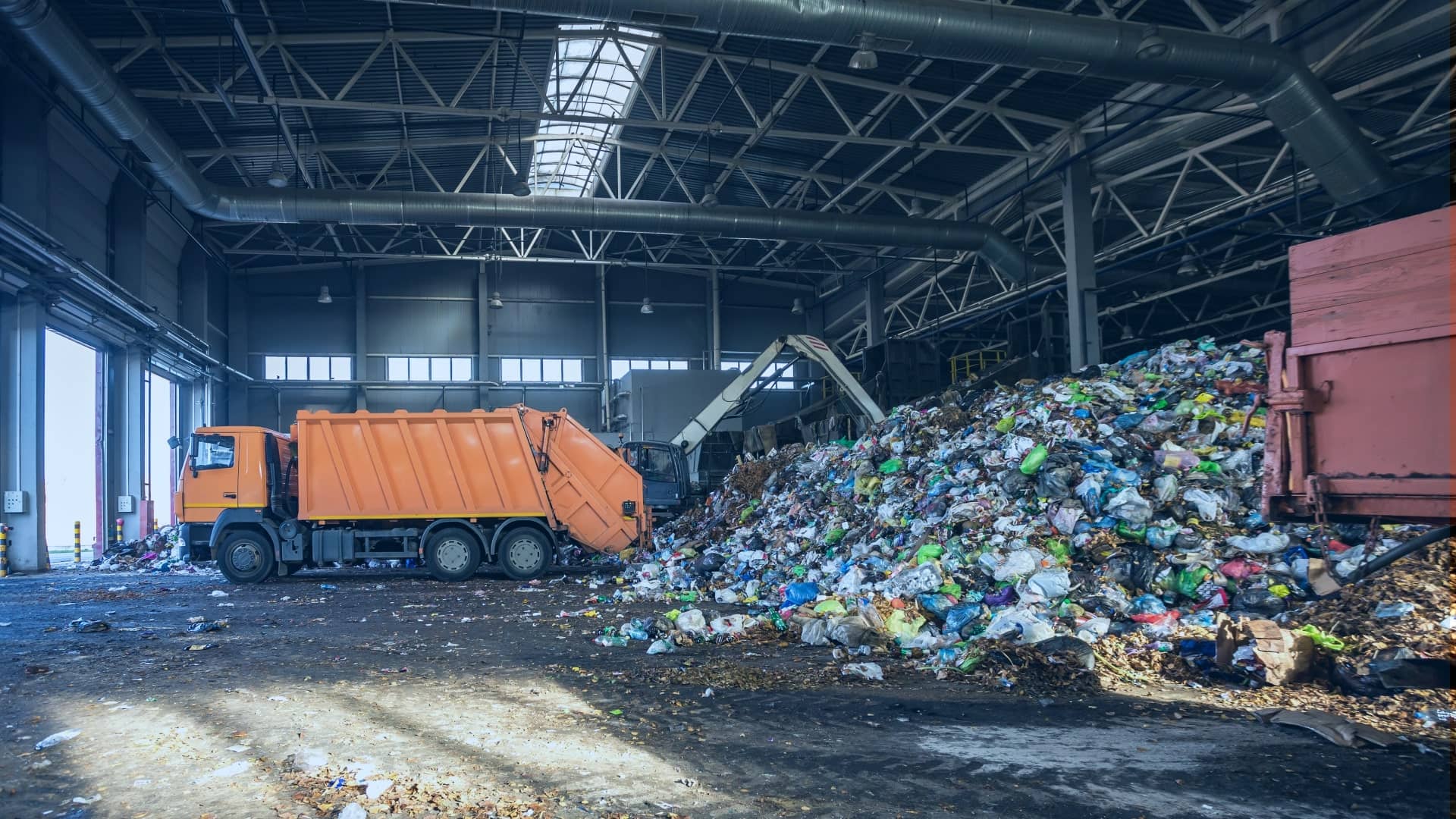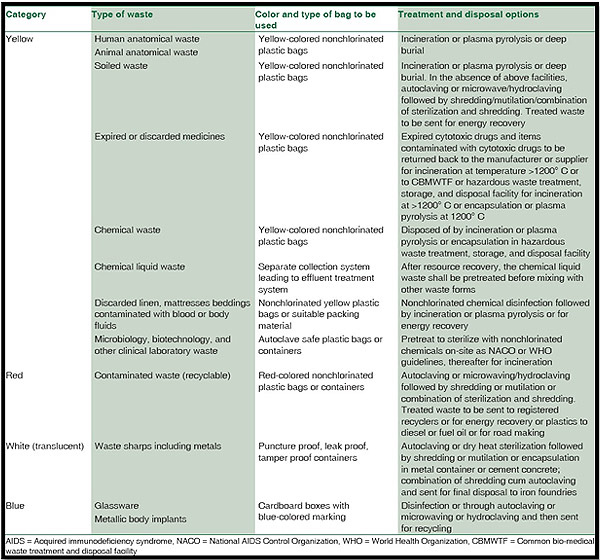The Ultimate Guide To Reclaim Waste
The Ultimate Guide To Reclaim Waste
Blog Article
Reclaim Waste Things To Know Before You Buy
Table of ContentsThe 25-Second Trick For Reclaim WasteThe Ultimate Guide To Reclaim WasteThe Definitive Guide for Reclaim WasteReclaim Waste Fundamentals ExplainedThe Basic Principles Of Reclaim Waste More About Reclaim Waste

Never ever place dangerous compounds down sinks, commodes or stormwater drains Compounds including petrol, oil, oil, chemicals and herbicides, and solvents such as paint pole dancers need to not be put down sinks, toilets or stormwater drains. These substances are tough to get rid of in the sewage therapy procedure and cause pollution issues in our neighborhood waterways.

Although fluid waste is a term that covers a broad range of products, there's a great reason that leaving its disposal to the professionals is suggested. Fluid waste is non-solid material that has no additional use and needs to be dealt with and dealt with according to regional, state and federal guidelines.
Reclaim Waste Things To Know Before You Get This
Although instances of liquid waste can include wastewater, fats, oils or oil, made use of oil, fluids, solids, gases or sludges and hazardous home liquids, there are some that are considered to be more hazardous than others when it pertains to the environment and the wellness of pets and people alike. It's for this factor that each state and area have actually strict laws connected to liquid waste monitoring.
Fluid waste can be kept in holding containers or packaged in drums, intermediate bulk containers or accepted tiny containers before either being dealt with or eliminated through outsourced vacuum vehicles. Given the nature of the products, liquid waste can not go in the basic waste stream and there are strict laws on just how to take care of it appropriately.
(http://www.place123.net/place/reclaim-waste-laverton-north-vic-australia)Relying on a resolution of the level of danger, it may be essential to remediate those sites. On top of that, dangerous liquid chemical wastes are managed waste and should be tracked according to the state waste regulations. Under the chain of protection and obligations, proprietors are accountable and accountable for waste produced by a company.
Among the core applications for superabsorbent polymers (SAPs) is liquid waste solidification. industrial wastewater treatment. SAPs are used by waste management professionals to stop potentially dangerous liquids from entering waterways, groundwater aquifers, and various other sensitive settings. Because liquids can rapidly carry impurities into environmental receptors and possibly add to geotechnical failings, liquid wastes are often prohibited from disposal in landfills
Some Known Details About Reclaim Waste
Basically, free liquids are fluids that divide from the strong part of waste product. Liquid waste can include the following: HDD mud and cuttings Landfill leachate Wastewater treatment sludge & biosolids Dredged debris Oil and gas drill cuttings Settling fish pond filth Hydro Excavation slurry Coal burning residuals/ash Storage tank bottom sludge Concrete grinding/polishing slurry Associated Short article: For a useful example of free fluids dividing from waste product, think about the following scenario: A waste administration service provider tons a dump vehicle with sludge from a wastewater treatment plant's aeration container, throughout a routine upkeep event.
When the chauffeur arrives at the land fill, he notices water leaching from the sludge and putting from the dump truck. The load was denied by the garbage dump and the chauffeur was compelled to dispose of the waste as a fluid waste at a special center, which boosted the disposal fees tremendously.
We additionally need to be accountable for the proper disposal of our waste products. It is not sufficient that we pay waste disposal business to take treatment of our rubbish.
The Buzz on Reclaim Waste

The ideal location is an excellent outdoor space with lots of sunshine and air. Segregate your waste. Segregating your waste can begin inside the home. Segregate dry and liquid waste along with edible waste, biodegradable and non-biodegradable products. Constantly maintain the cover on your bins to avoid insects, worms, flies, and undesirable smells.
You can make use of old trash can, pail, yard pot or old plastic drums. Pierce four to five openings in the container so the air can circulate. Layer all-time low with soil to take in the wet waste. Beginning the composting procedure. Layer the garden compost with damp and completely dry waste as well as soil to maintain a balance between the wet and the dry.
How Reclaim Waste can Save You Time, Stress, and Money.
Cover the garden compost container. When a week, add dirt in addition to the garden compost. To assist in faster decay, you can also add semi composted dirt to the garden compost. Preserve the compost. If you notice the scent is coming to be as well strong, add additional papers and paper waste or add even more holes to the garden compost bin to maintain the equilibrium of the waste materials.
The globe is sinking in rubbish and we can't pay for to be reckless anymore. We need to do something about it and reuse whatever we can wherever we can. We also need to be in charge of the correct disposal of our waste products. It is insufficient that we pay waste disposal business to look after our rubbish.
Our waste, our responsibility. Have you ever before wondered what occurs to your fluid waste after it's collected? Did you know that fluid waste can be recycled? As accountable people, you ought to understand what takes place to your rubbish and where it goes after it is removed from you. Recognizing the liquid waste removal process is necessary in helping you to segregate your waste.
Reclaim Waste - Questions
Segregating your waste can begin inside the home. Set apart completely dry and fluid waste as well as edible waste, naturally degradable and non-biodegradable products.
Layer the bottom with soil to absorb the damp waste - industrial wastewater treatment. Layer the compost with wet and completely dry waste as well as dirt to maintain an equilibrium in between the wet and the completely dry.
Cover the garden compost bin. As soon as a week, include soil in addition to the garden compost. To facilitate faster decay, you can also add semi composted soil to the compost. Maintain the garden compost. If you observe the odor is becoming too strong, include additional papers and paper waste or include more holes to the garden compost container to keep the equilibrium of the waste materials.
Report this page